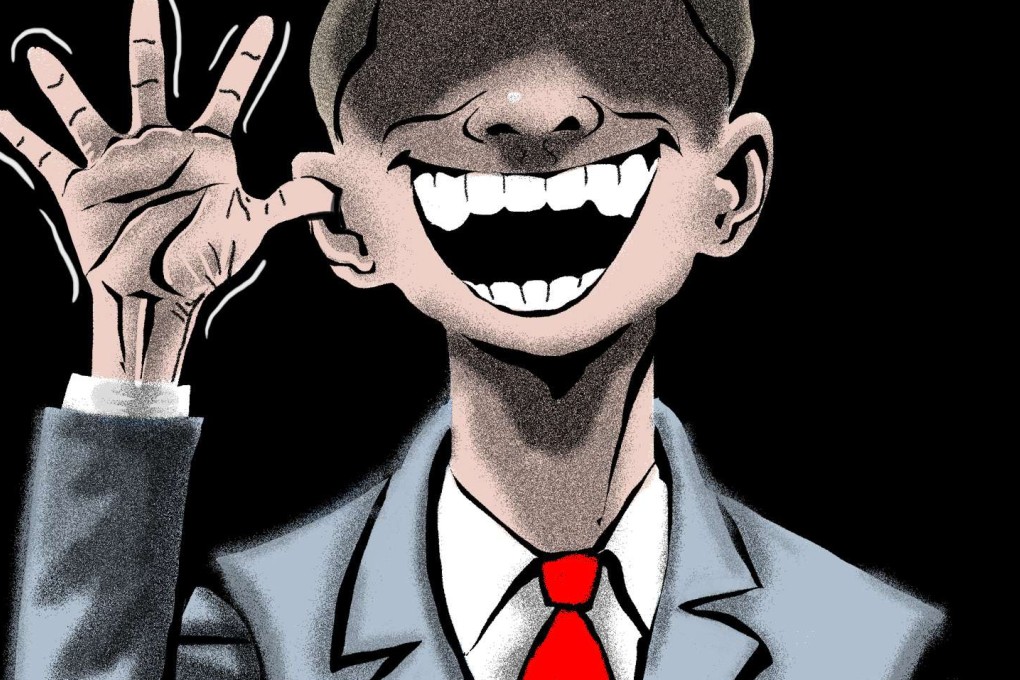Advertisement
When is an oath not an oath? That’s a question for Hong Kong’s courts, not the legislature
Ronny Tong says despite the howls of protests, the government’s challenge over two incoming legislators’ fitness to serve – after they bungled their oaths on purpose – has solid legal grounds
Reading Time:6 minutes
Why you can trust SCMP


Advertisement
What surprised people more is that the pan-democrats not only did not see anything wrong with such antics, but they chose to rally behind the two, as if to show solidarity. One even went so far as to say, “A bit of humour and relaxation is OK!” So, should “humour and relaxation” go hand in hand with the taking of an oath?
One would have thought it’s axiomatic that oath-taking is a solemn and sincere act. One doesn’t joke about one’s religion or integrity as a person – no normal person who wants others to take him seriously will do so, anyway.

What next for Hong Kong’s separatist lawmakers?
The law makes it even clearer. The Oaths and Declarations Ordinance refers to the oath to be taken by legislators as a “promissory oath”. It also provides that the content of the oath must be in the form as set out in schedule 2 thereto. A court has ruled in a previous case that incoming legislators must not depart from the statutory oath so provided. That means: sorry, one cannot read the People’s Republic of China as People’s “Re-f**king” of “Cheena”.
If on that occasion a person declines or neglects to take the statutory oath, the legal consequence is that he shall be disqualified immediately

Advertisement